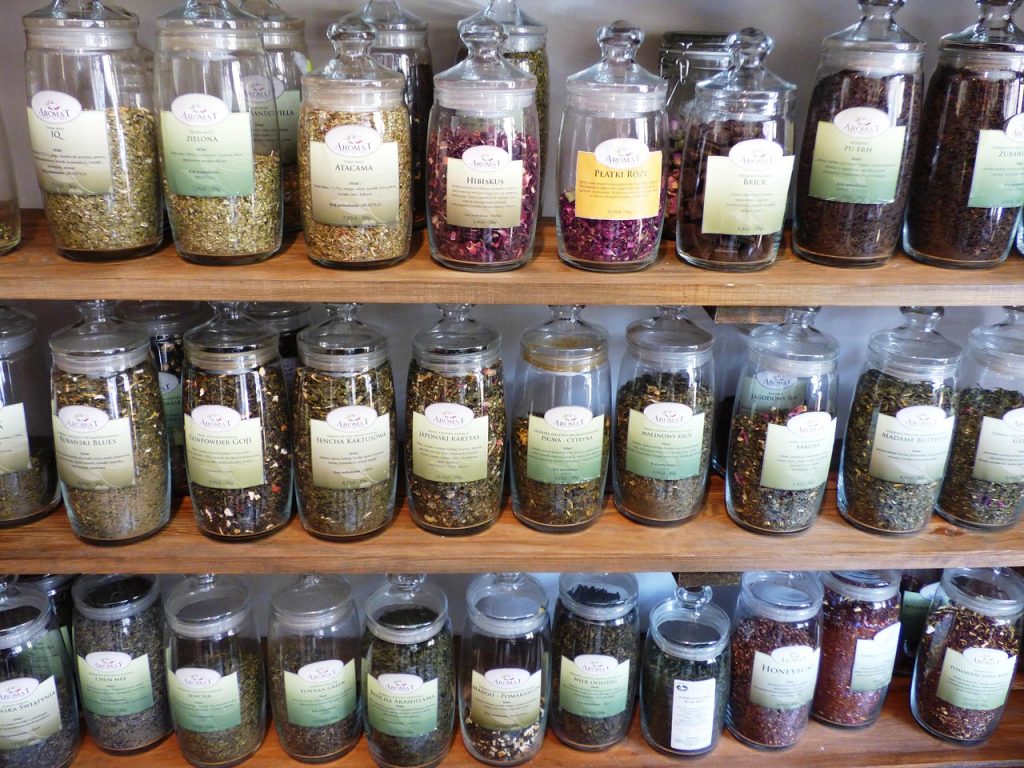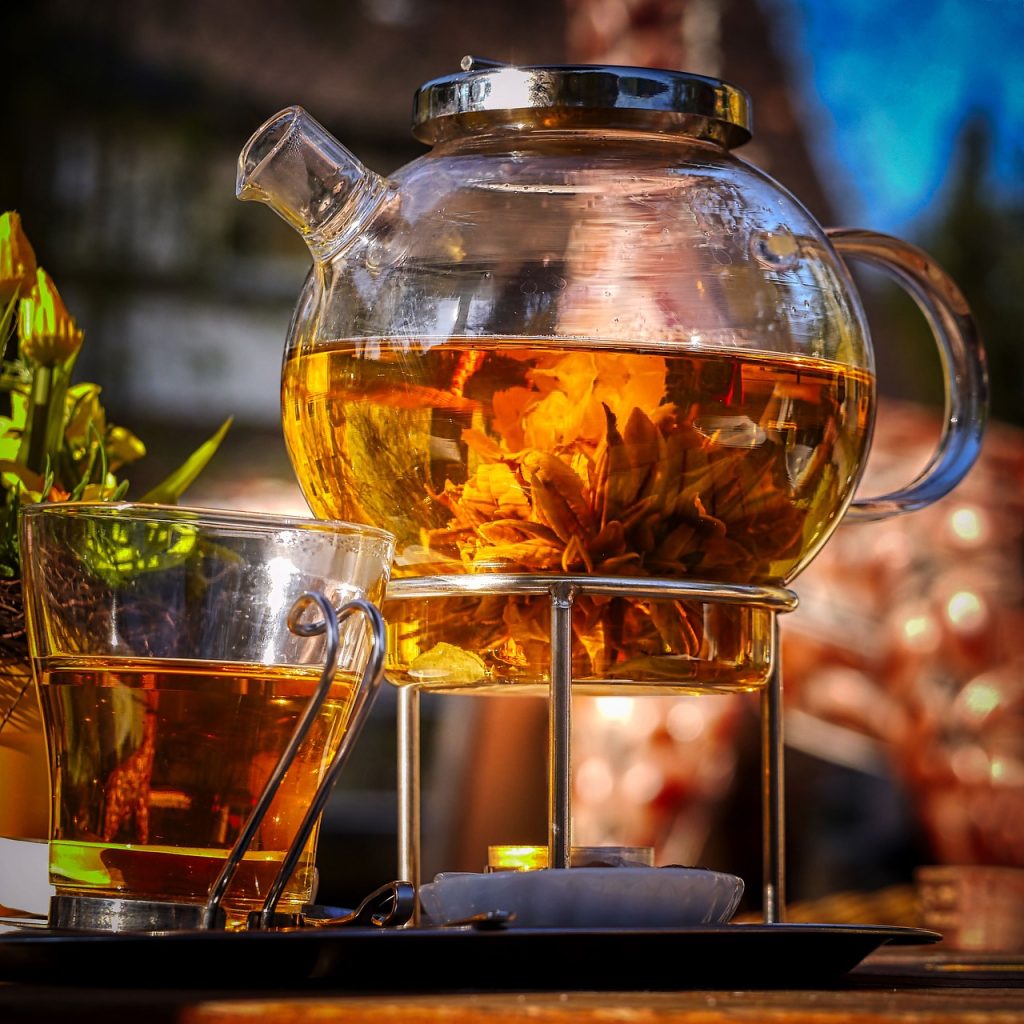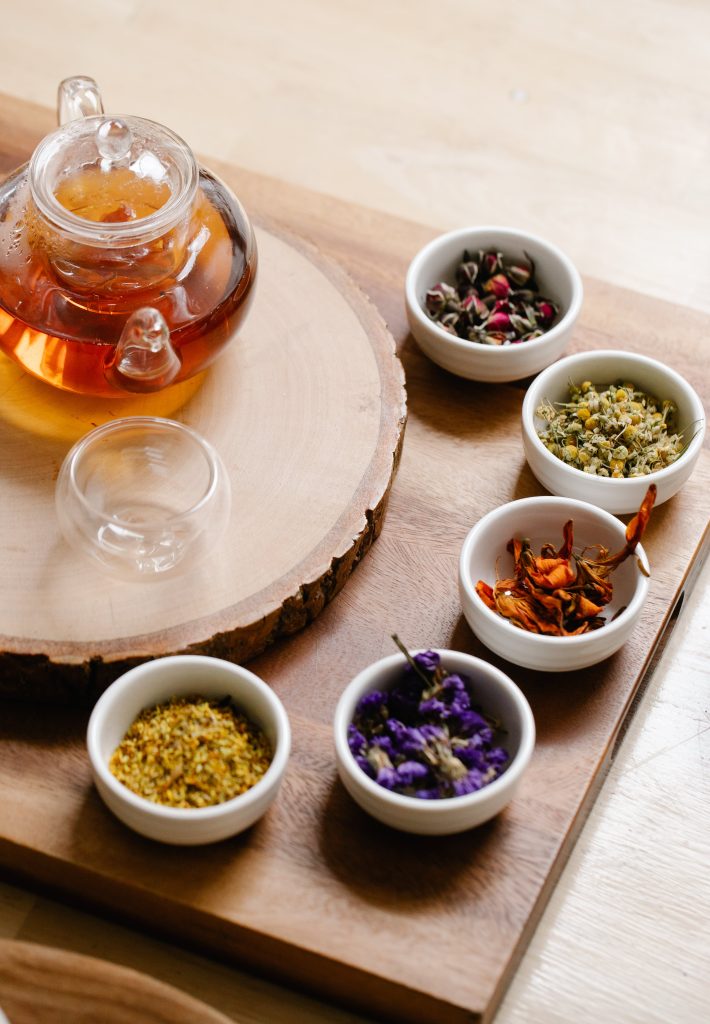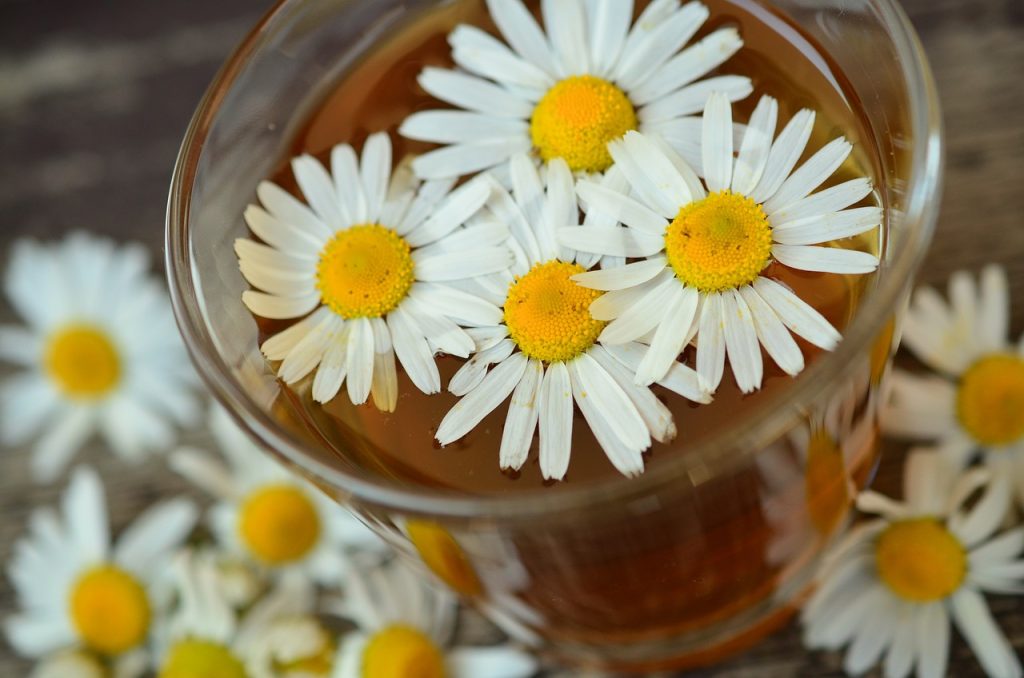Headaches and migraines can be debilitating in daily life. Pain relievers, while effective, often provide only temporary relief. Herbal tea for headaches and migraines offers a natural complementary approach, providing both comfort and potential symptom reduction. This guide explores the best teas for headaches—based on scientific evidence—to help soothe pain and tension naturally.
Understanding Headache Symptoms

Headache symptoms range from dull aches to severe pain that disrupts concentration. Tension headaches often feel like a tight band around the head, while migraines can bring nausea, light sensitivity, and throbbing pain. Recognizing your specific symptoms is the first step toward effective relief.
Herbal teas such as peppermint and ginger are popular choices for easing headache pain due to their anti-inflammatory and soothing properties (Maghbooli et al., 2014). Drinking tea may also promote relaxation and reduce stress, helping support overall well-being.
What are the Best Teas to Help with Headaches

Understanding the Health Benefits of Herbal Tea for Headaches
Herbal teas contain natural bioactive compounds that may help reduce headache or migraine symptoms (Lopresti & Smith, 2020). For example, ginger tea shows anti-inflammatory effects in clinical studies and may shorten migraine duration (Maghbooli et al., 2014). Evidence for other herbs like chamomile or feverfew is mixed but promising in some contexts.
Choosing the Right Tea for Headache Pain
The best tea depends on your headache type. Feverfew tea may modestly help prevent migraines, though studies report mixed results (Wider et al., 2015). Chamomile tea—known for its calming and anti-inflammatory properties—may soothe tension-type headaches, though most evidence supports topical chamomile rather than tea consumption (Zargaran et al., 2018).
Exploring Techniques to Maximize the Effectiveness of Your Tea
Sipping a warm cup of tea can provide almost immediate comfort. The act of preparation itself reduces stress. To maximize benefits, steep herbal teas 5–10 minutes to release beneficial compounds.
Can Caffeinated Tea also Benefit Headaches?

Pros and Cons of Caffeinated Tea for Headaches
Caffeinated teas such as black or green tea may enhance the effects of pain relievers and improve alertness (Derry et al., 2014). However, overuse or withdrawal can trigger headaches (International Headache Society, 2018).
Best Types of Caffeinated Tea for Headaches
Green tea provides antioxidants and mild caffeine stimulation, while oolong tea contains L-theanine, an amino acid associated with stress reduction and improved sleep (Hidese et al., 2019). Although L-theanine promotes relaxation, no direct evidence links oolong to headache relief.
Safe intake: Up to 400 mg of caffeine per day is considered safe for most adults (European Food Safety Authority, 2015).
Can Herbal Tea Treat Migraines?

The Potency of Herbal Tea for Migraines
Studies suggest herbal preparations can help manage migraine symptoms by targeting inflammation, stress, and neurological pathways (Lopresti & Smith, 2020). Evidence is strongest for ginger (acute relief) (Maghbooli et al., 2014) and topical menthol/peppermint oil (Haghighi et al., 2010); other herbs such as curcumin (turmeric) show preliminary promise (Shojaei et al., 2023).
The Best Herbal Teas to Ease Migraine Pain
Among the best herbal teas for migraines are chamomile tea, which may calm tension (Zargaran et al., 2018); ginger tea, valued for anti-inflammatory action (Maghbooli et al., 2014); and peppermint tea, whose menthol component provides topical pain-relieving effects (Göbel et al., 1996).
What Role does Chamomile Tea Play in Reducing Headache and Migraine Pain?

Discovering the Calming Properties of Chamomile Tea
Chamomile is revered for calming and mild sedative properties that can relax the nervous system (Zargaran et al., 2018).
Using Chamomile Tea as a Natural Remedy for Headaches
Although topical chamomile has shown benefit for migraine relief, evidence for drinking chamomile tea is limited. Still, it may promote sleep and reduce stress—both key migraine triggers.
Properly Brewing Chamomile Tea
Steep chamomile for 5–10 minutes in hot water to extract its soothing compounds. Regular use may promote relaxation, though reduced migraine frequency has not yet been demonstrated in clinical studies.
Will Other Herbal Teas Help with Headaches & Migraines?

Exploring the Benefits of Peppermint, Ginger, and Turmeric Teas
Peppermint oil, applied topically, can relieve tension-type headaches (Göbel et al., 1996) and acute migraine attacks (Haghighi et al., 2010). While evidence for peppermint tea is weaker, it may still promote relaxation.
Ginger alleviates nausea and migraine pain (Maghbooli et al., 2014).
Turmeric (curcumin) demonstrates preliminary anti-inflammatory benefits in migraine prevention (Shojaei et al., 2023).
Uncovering the Potential of Clove, Willow Bark, and Feverfew Teas
Clove tea is traditionally used for pain relief, though no migraine-specific trials exist.
Willow bark contains salicin, similar to aspirin, and shows efficacy for musculoskeletal pain—not migraines specifically (Shara & Stohs, 2015).
Feverfew may modestly reduce migraine frequency but with mixed evidence (Wider et al., 2015).
Recipes for Relief
To create a soothing blend, combine equal parts ginger root, peppermint leaves, and chamomile flowers. Steep 5–10 minutes and strain.
For prevention, try feverfew tea (1–2 tsp dried leaves, steep 10 min).
Willow bark tea provides mild analgesic support due to salicin (Shara & Stohs, 2015).
Lifestyle Changes
Healthy habits—hydration, regular exercise, consistent sleep, and stress management—complement herbal approaches. Identify triggers such as certain foods, odors, or weather changes. Meditation, deep breathing, and gentle yoga may help prevent tension headaches.
Nutrition and Headaches
Diet influences headache frequency. Reduce tyramine-rich foods (aged cheese, processed meats). Increase omega-3 fatty acids (salmon, flaxseed) to support brain and vascular health.
Stay hydrated and limit caffeine to avoid withdrawal headaches (International Headache Society, 2018).
A balanced diet rich in fruits, vegetables, and whole grains supports overall health and may reduce headache frequency.
Frequently Asked Questions
Q: What is the best tea for headaches and migraines?
A: The strongest evidence supports ginger tea (Maghbooli et al., 2014) and topical peppermint/menthol (Göbel et al., 1996). Feverfew may help prevent migraines (Wider et al., 2015), while clove and willow bark remain traditional but less studied options.
Q: How does peppermint tea benefit headache treatment?
A: Most evidence relates to topical peppermint oil rather than tea, though menthol’s cooling effect may provide mild relief (Haghighi et al., 2010).
Q: Can ginger tea help relieve headaches?
A: Yes—small trials show ginger powder can reduce migraine pain and nausea (Maghbooli et al., 2014).
Q: What are the benefits of lavender tea for migraine headaches?
A: Evidence exists mainly for aromatherapy or topical lavender oil, not for tea consumption. It may still help promote relaxation and better sleep.
Q: How may migraine headaches be influenced by willow bark tea?
A: Willow bark provides pain relief for inflammatory conditions, but migraine-specific evidence is lacking (Shara & Stohs, 2015).
Q: What role does green tea play in relieving headaches?
A: Green tea’s caffeine may enhance analgesic effects, while L-theanine supports calm focus (Hidese et al., 2019). Maintain consistent caffeine intake to avoid withdrawal.
Q: Can drinking chamomile tea treat headaches?
A: Chamomile may reduce stress and promote rest, but clinical proof for headache reduction is limited (Zargaran et al., 2018).
References
- Derry C.J., Derry S., & Moore R.A. (2014). Caffeine as an analgesic adjuvant for acute pain in adults. Cochrane Database of Systematic Reviews.
- Maghbooli M., Golipour F., Esfandabadi A.M., & Yousefi M. (2014). Comparison between the efficacy of ginger and sumatriptan in migraine treatment. Phytotherapy Research.
- Haghighi A.B., Motazedian S., & Rezaii R. (2010). Cutaneous menthol 10% solution for acute migraine. Int J Clin Pract.
- Göbel H. et al. (1996). Effectiveness of peppermint oil in tension-type headache. Phytomedicine.
- Zargaran A. et al. (2018). Topical chamomile (Matricaria chamomilla L.) oleogel for migraine without aura. J Herbal Medicine.
- Lopresti A.L. & Smith S.J. (2020). Herbal treatments for migraine: A systematic review. Phytotherapy Research.
- Wider B., Pittler M.H., & Ernst E. (2015). Feverfew for preventing migraine. Cochrane Database of Systematic Reviews.
- Shara M., & Stohs S.J. (2015). Efficacy and safety of white willow bark (Salix alba) extracts. Phytotherapy Research.
- European Food Safety Authority. (2015). Scientific opinion on the safety of caffeine. EFSA Journal.
- International Headache Society. (2018). ICHD-3: Caffeine-withdrawal headache. ICHD-3 online.
- Hidese S. et al. (2019). Effects of L-theanine on stress and cognitive function. Nutrients.
- Shojaei M. et al. (2023). Phytosomal curcumin supplementation in migraine: protocol. Trials.

